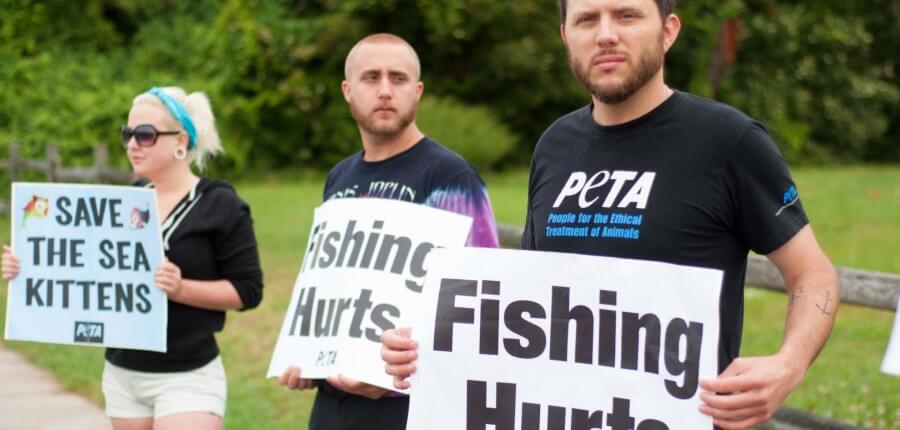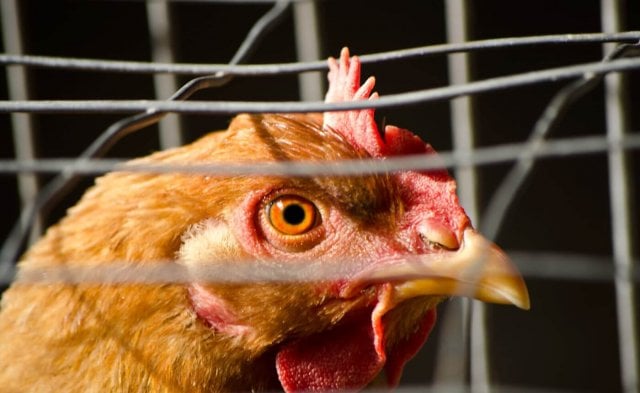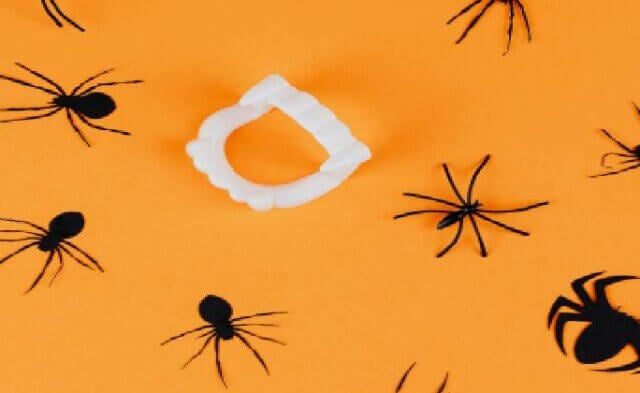With summer fast approaching, some people are already planning their seasonal fishing trips—but are the tides turning in favor of fish? According to a new report published by Allied Market Research, a rise in campaigns by PETA and other nonprofits is restricting the growth of the fishing equipment market.
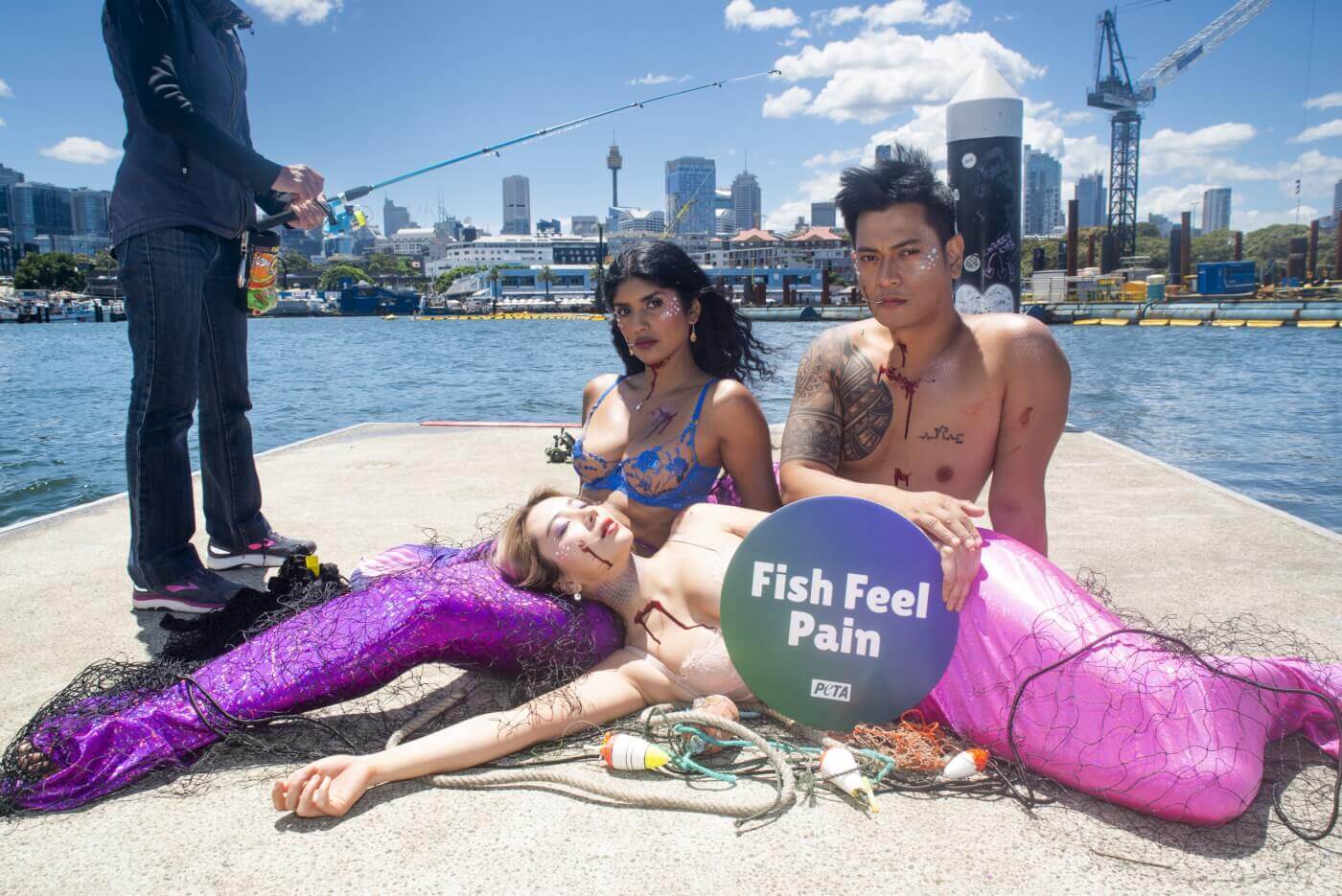
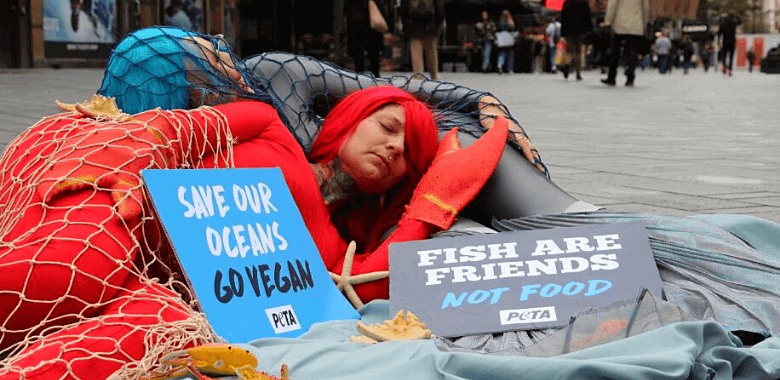

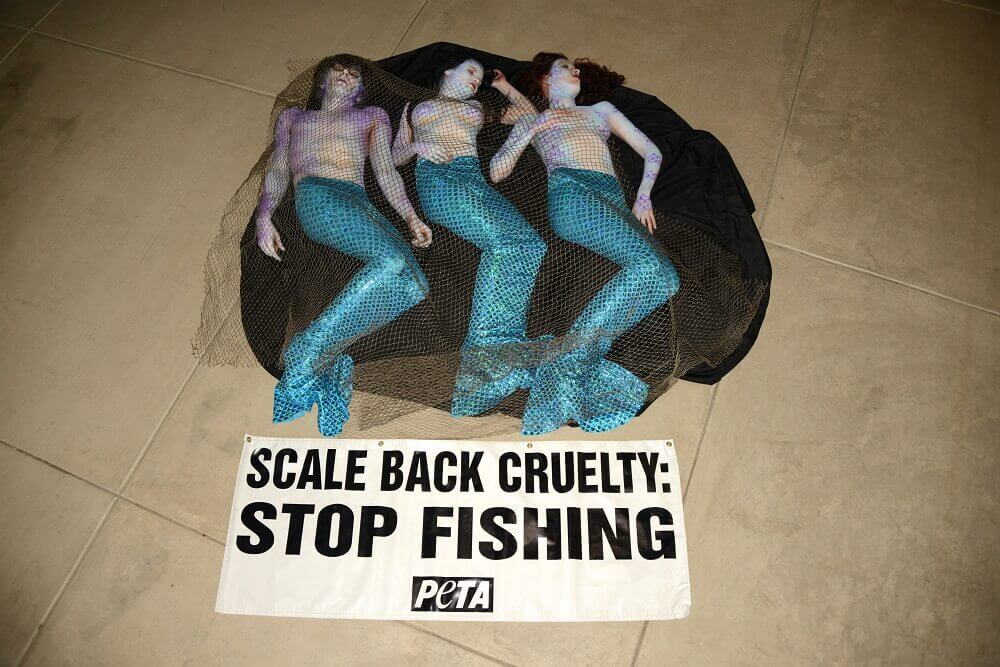
PETA’s recent campaigns to end the abuse and killing of these sentient aquatic beings include encouraging folks to replace this deadly pastime with “trash fishing,” an activity that involves spending the day not killing animals while you clean up their natural habitats. The idea is that you collect litter from the water—thus protecting aquatic animals from eating it or getting entangled in it—and you still get to enjoy sitting on the dock of the bay or in a boat while you connect with (and don’t destroy) nature. Abandoned fishing nets and monofilament lines are the most common—and most harmful—form of debris affecting aquatic animals. Some 640,000 tons of fishing “ghost gear” enters the ocean annually and can harm marine life for decades.
Billions of fish die every year in nets and on hooks. Humans kill most fish for consumption, torture many of them just for “sport,” and maim or kill huge numbers of unintended victims, simply because these other animals were in the wrong place at the wrong time. More than 52 million Americans killed fish for “sport” in 2021, spending billions of dollars on their speciesist “hobby.” The number of “sport fishers” has continued to rise since the pandemic began in 2020, and this increase is having a devastating impact.

According to the report, the global fishing equipment market is projected to grow by over $2.5 billion between 2019 and 2027. But that is only if it can weather challenges—and PETA is doing whatever it can to tell adults and kids about the harmful effects of any type of fishing. An overview of the report in Businessfortnight says that “40% of the world’s oceans are heavily affected by human activities, including depleted fisheries, pollution, and loss of coastal habitats, which makes PETA and NGOs more brutal against fishing.”
Everyone—not just vegans—should be against fishing. According to The New England Journal of Medicine, fish “are the main, if not the only, source of methylmercury”—a substance that has been linked to cardiovascular disease, fetal brain damage, blindness, deafness, and problems with motor skills, language, and attention span. Ripping fish from their aquatic homes is also destroying the planet.
People need to stop eating fish. Commercial fishing has decimated the ocean’s ecosystems, and humans have exterminated 90% of large fish populations. Some ships use longlines (one of the most widespread fishing methods) that unreel up to 50 miles of line bristling with hundreds of thousands of baited hooks that drag through the water. This method kills turtles, dolphins, birds, sharks, and other nontarget fish and marine animals. In bottom-trawling, enormous nets are pulled along the ocean floor, catching every fish, rock, and piece of coral in their paths. By some estimates, they can catch 20 pounds of “bycatch” for every pound of targeted fish. Zoology professor Dr. Les Watling, who has studied bottom-trawling, calls it “the most destructive of any actions that humans conduct in the ocean.” Scientists estimate that more than 650,000 marine mammals—including dolphins, whales, and porpoises—are seriously injured or killed every year by the commercial fishing industry.
Let’s keep lakes, rivers, and the ocean—and our consciences—clean by skipping traditional fishing this summer and opting for trash fishing instead!
Learn More About Trash Fishing—and Get Involved!
